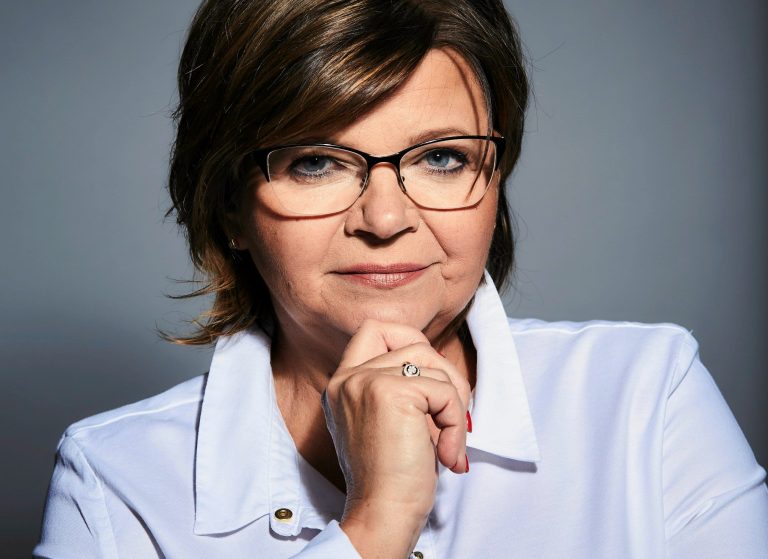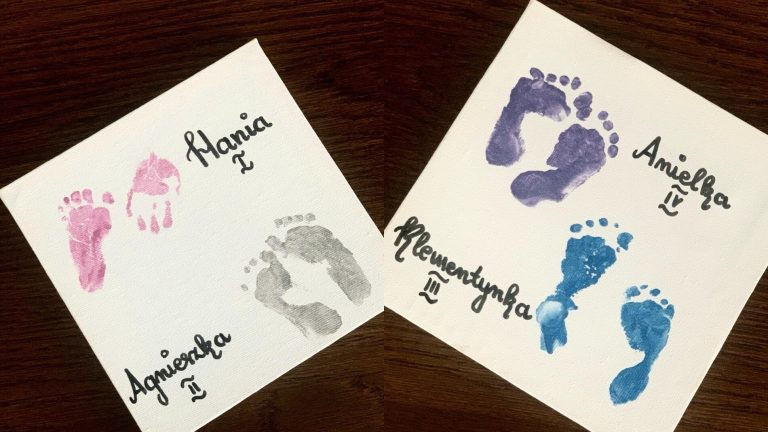He has been treating pain for two years after suffering from shingles: “I couldn't function without medications”

“Shingles is a light disease”: only a person who has not suffered from it and does not know someone who has, says this – says Jerzy, who has been treating neuralgia at a pain clinic for two years after suffering from shingles. Without painkillers, he wouldn't be able to function normally today.
Vesicular lesions on the skin on one side of the body, often accompanied by pain and hyperesthesia, are characteristic symptoms of shingles. In Jerzy's case, the changes appeared on the left shoulder, collarbone, left side of the chest and the inside of the arm: from the shoulder to the elbow. Initially, they were vesicular lesions that dried over time. He got sick two years ago; he was 64 years old and had no comorbidities. He did not ignore the disease – he immediately went to the doctor, was given antiviral drugs and ointments to lubricate the skin lesions. It seemed that once the skin lesions healed, he would make a full recovery.
However, this did not happen. Although the skin lesions healed, pain and hyperesthesia remained in the place where the blisters had previously been. Since April 2022, he has been under the care of a pain clinic. – I feel the most unpleasant symptoms around my collarbone and on the inside of my hand. It is a superficial pain, half a centimeter, sometimes a centimeter deep, especially in the hand. The pain intensifies when the weather changes, it rains, there are large pressure changes, says Jerzy.
The virus lies dormant in the body
Shingles is caused by the Varicella Zoster virus: the same virus that causes chickenpox. The primary infection occurs in the form of chickenpox. After recovery, however, the virus is not eliminated from the body, but vegetates in a latent form in the sensory ganglia of the nervous system. Reactivation occurs when the body weakens: it may be an infection, the use of certain medications, stress, or fatigue. – I did not have a weakened immune system, I did not have any other disease, I felt completely healthy – says Jerzy.
However, the resistance and efficiency of the immune system declines with age: after the age of 50, every person, even if they do not have any comorbid disease, is more and more exposed to shingles and its severe course, as well as complications. One of the most common complications is postherpetic neuralgia.
– Even in 30 percent people, shingles may become chronic: postherpetic neuralgia occurs. The older the person, the greater the risk of developing neuralgia – emphasizes Prof. Małgorzata Malec-Milewska from the Department of Anesthesiology and Intensive Care CMKP and the Pain Treatment Clinic CMKP.
Postherpetic neuralgia is most often pain in the place where skin lesions previously occurred. – It's not always pain; it may be hypersensitivity to touch, temperature, as well as, for example, tingling, itching, numbness: all these are symptoms indicating damage to the nervous system. Unpleasant sensations and pain intensify on cloudy, rainy days, as well as in stressful situations, explains Dr. Magdalena Kocot-Kępska from the Department of Pain Research and Treatment, Department of Anesthesiology and Intensive Care, Collegium Medicum, Jagiellonian University, president of the Polish Society for the Study of Pain.
In the case of postherpetic neuralgia, typical painkillers, such as paracetamol and ibuprofen, are not effective and do not provide relief. – They will not help because the pain and hyperesthesia are caused by damage to the nervous system. In treatment we use, among others: antiepileptic drugs, antidepressants. However, it turns out to be effective in one in three to four patients. Even if we use medications as recommended and in the correct doses, the chance that we will reduce the pain is approximately 30-50%. – says Dr. Kocot-Kępska.
In Jerzy's case, chronically used medications “reduce the pain.”
– After taking the medication, the pain calms down and you can almost forget about it, but it lasts maybe half an hour. Every two months I go to a pain clinic, where I receive an injection, the so-called blockade. It usually gets better for 1-2 days, but then the pain returns again. Without the pharmacological agents that I take twice a day, I would not be able to function normally, says Jerzy.
However, in his case, there are also side effects of the medications he takes – including: excessive sweating, but also vision disorders; although the latter were eliminated after reducing (as suggested by the doctor) the dose of the drug. He also tries various additional methods, including: acupuncture, but so far it eliminates pain only during the procedure. – When the treatment is over, the problems come back. I try to be professionally active all the time, I work. I hope that the neuralgia will finally go away, says Jerzy.
He does not agree with the statement that shingles is a minor disease. – Only someone who hasn't been sick and doesn't know anyone who has could say that. Yes, one of my friends had shingles unscathed, but she became ill when she was 30 years old. My friend's mother had lesions on the inside of her cheek: she still feels pain. Another friend of mine had lesions around his ear, and he still has problems to this day. I have been treating neuralgia for two years. Maybe if I didn't have it, I'd say the shingles were bothersome, but they're gone. In my case, however, this did not happen. Yes, there are more serious diseases, but developing shingles definitely worsened my quality of life. Without medications I wouldn't be able to function normally, adds Jerzy.
There is already a vaccine
From 2022, a vaccine against shingles will be available in Poland. Vaccination is recommended for all people over 50 years of age, as well as people over 18 years of age if they have a disease that involves a weakened immune system or are undergoing immunosuppressive treatment (e.g. people suffering from cancer, kidney failure, after transplantation). , with HIV). -– Every disease with impaired immunity: oncological, hematological, cardiological, nephrological is an indication for vaccination – emphasizes Prof. Krzysztof Tomasiewicz, head of the Infectious Diseases and Hepatology Clinic of the Medical University of Lublin, vice-president of the Polish Society of Epidemiologists and Infectious Disease Physicians.
– If someone asked me whether it is worth getting vaccinated, after all my experiences, I would definitely recommend getting vaccinated – says Jerzy.
Vaccination against shingles is recommended in the Protective Vaccination Program for 2024. They are recommended by a number of scientific societies, including: by the Polish Society for the Study of Pain, the Polish Society of Vaccinology, the Polish Dermatological Society. Currently, the vaccine is reimbursed (with a 50% fee) for people over 65 years of age with comorbidities.
– We are glad that this has been introduced, but we would like the changes to go further: the vaccine should be free for all people over 65 years of age, due to the very high risk of postherpetic neuralgia, the treatment of which is difficult, not always effective, and expensive – emphasizes Dr. Magdalena Kocot-Kępska.






